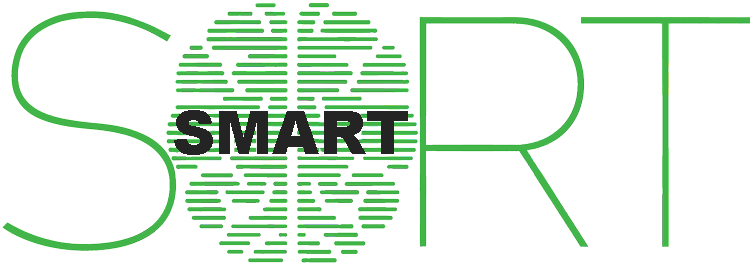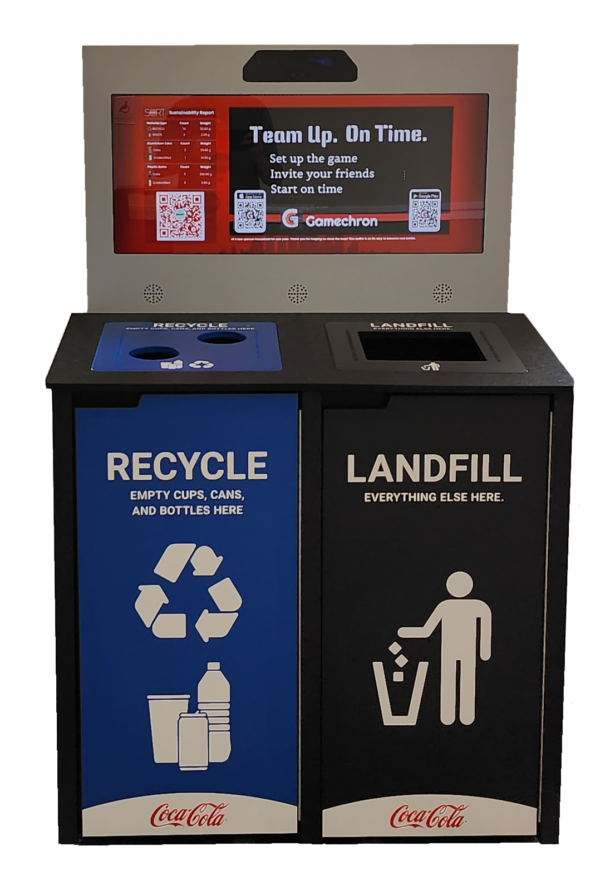In today’s world, waste management is a significant concern for individuals, businesses, and governments alike. Smart sort recycling bins have emerged as a technological solution to streamline the recycling process and increase recycling rates. Beyond their environmental benefits, these bins also offer a compelling financial advantage. In this blog post, we will explore how smart sort recycling bins can reduce waste management expenses and contribute to both cost savings and a healthier environment.
One of the key ways that smart sort recycling bins reduce waste management expenses is through their efficient sorting process. Traditional recycling bins often rely on manual sorting, which can be time-consuming and prone to errors. Smart sort bins, however, utilize advanced sensors and sorting mechanisms to automatically separate different types of recyclables, such as plastic, paper, glass, and metal. This automated process saves time and ensures accurate sorting, reducing the labor required for manual sorting and lowering associated costs.
Contamination is a significant issue in recycling, as it degrades the quality of recyclable materials and increases processing costs. Smart sort recycling bins help address this problem by providing clear labeling and user-friendly interfaces that guide individuals in sorting their waste correctly. By reducing contamination and ensuring the delivery of cleaner recyclables, smart sort bins can lower the expenses associated with sorting, cleaning, and processing contaminated materials.
Another way that smart sort recycling bins contribute to cost savings is through their ability to optimize waste collection routes. With the integration of smart technology, these bins can provide real-time data on fill levels, allowing waste management teams to determine the most efficient routes for collection. By optimizing collection routes, organizations can reduce fuel consumption, vehicle maintenance costs, and labor expenses, resulting in significant savings over time.
Smart sort recycling bins are designed to enhance recycling rates by making the process more accessible and engaging for individuals. The user-friendly interfaces and clear labeling encourage proper waste disposal, reducing the likelihood of recyclables ending up in landfill-bound garbage. By increasing recycling rates, organizations can potentially reduce waste disposal expenses, which are often higher than recycling costs. This shift toward recycling can lead to substantial long-term savings in waste management operations.
Another advantage of smart sort recycling bins is their ability to collect and analyze data on recycling patterns. This data can provide valuable insights into waste generation, recycling rates, and overall waste management performance. By leveraging these insights, organizations can make data-driven decisions to optimize waste management strategies, such as adjusting collection schedules, implementing targeted educational campaigns, or identifying areas for improvement. This proactive approach can lead to more efficient resource allocation, ultimately reducing waste management expenses.
Smart sort recycling bins not only contribute to a healthier environment but also offer tangible financial benefits by reducing waste management expenses. Their efficient sorting process, reduced contamination, optimal waste collection routes, improved recycling rates, and data-driven decision making all contribute to cost savings. By investing in smart sort recycling bins, organizations can simultaneously save money and reduce their environmental footprint. As waste management becomes increasingly important, embracing these technological advancements is a smart choice for a sustainable and economically efficient future.




